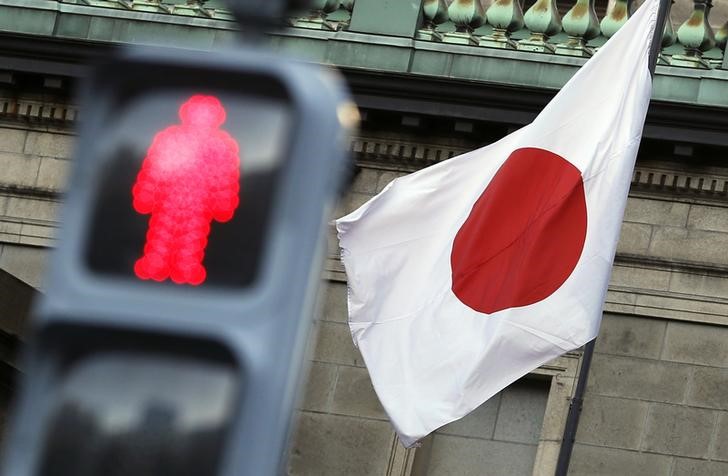(Bloomberg) -- The U.S. is pressing Japan to cede more ground on trade even before the first round of talks on tariff reductions takes place, prompting pushback from Tokyo.
Spooked by the threat of sanctions on its profitable auto sector, Japan agreed last month to start talks on tariffs after nearly two years of foot-dragging. In a statement following a summit between U.S. President Donald Trump and Prime Minister Shinzo Abe in New York last month, the two countries agreed Japan would not grant U.S. farm goods more access than it has given other countries in existing pacts.
While Abe said the discussions were not aimed at a full-fledged free trade agreement, Vice President Mike Pence said in a speech in Washington on Thursday that the U.S. was about to start “historic” talks for a free-trade agreement with Japan.
U.S. Agriculture Secretary Sonny Perdue told reporters that Washington expected a deal on agriculture that was equal to -- or better than -- the one Japan gave the European Union, because the U.S. is a better ally to Japan, Kyodo News reported. Japan, whose own military is restricted by a pacifist constitution, relies heavily on the U.S. for its national security.
But Japanese Trade Minister Hiroshige Seko told reporters on Friday that to his understanding, “what the Japan and the U.S. are going to discuss is not a comprehensive FTA.”
Regarding agricultural products, Seko added: “The U.S. clearly said it would respect the Japanese stance that the content of past agreements is the maximum.” Finance Minister Taro Aso also said Friday than the term “FTA” had not been mentioned in the talks between Abe and Trump.
Under its trade agreement with the EU, Japan will scrap tariffs on wine and some cheeses. Tariffs on pork will be slashed and those on beef will also be cut to 9 percent -- from the current 38.5 percent -- over 15 years. The two sides are seeking to bring the agreement into force next year.
Offering a better deal to U.S. farmers would likely anger Japan’s agricultural sector, a key source of support for Abe’s ruling Liberal Democratic Party.
